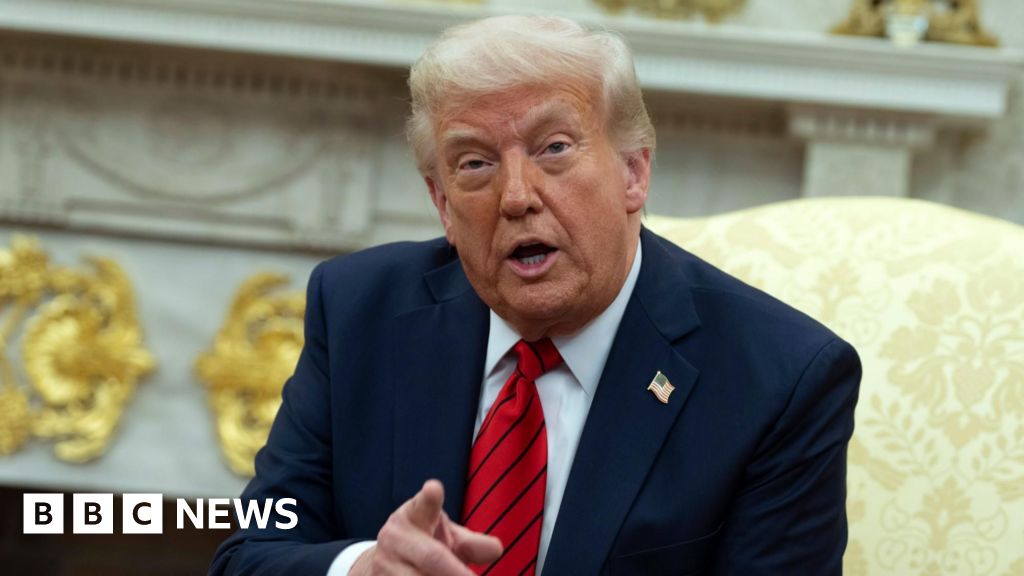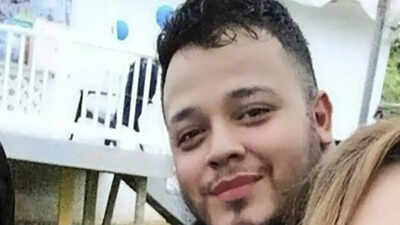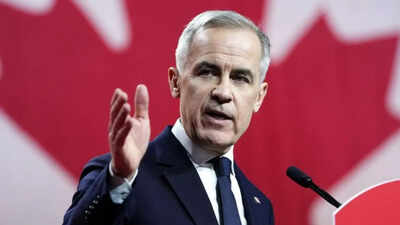Hundreds of Students Face Visa Revocations Amid Political Strife in the U.S.

In a troubling development for international students in the United States, hundreds have had their visas revoked since President Donald Trump began his second term on January 20, 2025. This alarming trend has left many students and recent graduates in a state of uncertainty and fear, with reports of several individuals also being arrested.
The majority of those affected are students who took part in pro-Palestine protests that erupted on campuses nationwide in 2024, coinciding with Israels military actions in Gaza. Additionally, some students faced visa cancellations due to indirect links to Palestine, or simply for expressing support for Gaza on social media platforms.
The Trump administration has accused these students of spreading anti-Semitism and supporting Hamas, allegations that have been met with fierce rebuttals from students, legal representatives, and advocacy groups. It is worth noting that Jewish activists were actively involved in numerous protests against the Gaza conflict, demonstrating a complex landscape of political engagement on U.S. campuses.
Further complicating the situation, some students faced visa revocations due to minor legal infractions, such as traffic violations, which raises questions about the fairness and justification of these actions.
How Many Students Have Had Their Visas Revoked?
U.S. Secretary of State March Rubio publicly stated in late March that the number of revoked student visas stood at approximately 300. However, many experts believe the actual figure is significantly higher. The American Immigration Lawyers Association estimates that over 4,700 students have been removed from the U.S. Immigration and Customs Enforcement-maintained database known as the Student and Exchange Visitor Information System (SEVIS). More conservative estimates suggest that at least 1,000 students are affected, with the National Association of Foreign Student Advisers (NAFSA) reporting around 1,400 students facing deportation as of April 17. Inside Higher Ed, a well-respected higher education publication, corroborated these figures, indicating that 1,489 students had lost their visas by mid-April.
How Many Universities Have Been Impacted?
The ramifications of these visa revocations stretch across more than 240 universities and colleges throughout the United States, according to Inside Higher Ed. Prestigious institutions such as Harvard and Stanford, as well as large public universities like Ohio State University and the University of Maryland, are among those affected. This widespread impact underscores the potential threat to the academic environment within many educational institutions.
Reasons Behind Visa Revocations and Available Options
The Trump administration has framed these visa revocations as necessary to prevent activists from dominating campus discourse. Secretary Rubio stated, We are not going to be importing activists into the United States. Theyre here to study ... not to lead activist movements that undermine our universities. However, numerous students report that their visas were terminated without prior notice, leaving them in precarious situations.
Students like Mahmoud Khalil, Mohsen Mahdawi, and Momodou Taal, who actively participated in pro-Palestine protests, have faced severe repercussions. In contrast, others have had their visas revoked for trivial reasons, or in some cases, without any clear explanation.
Legal experts are urging affected students to seek immediate assistance from immigration attorneys to explore possible legal remedies and defend their rights. As stated by Mohammad Ali Syed, a prominent immigration attorney, Students can file lawsuits in federal courts, asserting violations of due process and seeking to restore their legal status. For example, students from Michigan universities have initiated legal challenges against the Department of Homeland Security, alleging that their F-1 statuses were terminated without adequate notice or justification.
In urgent circumstances, students can request temporary restraining orders to halt deportation proceedings and reinstate their legal status while their cases are heard. Federal judges in states such as Montana have granted these orders, showcasing the courts willingness to intervene in such matters.
Many universities are proactively supporting affected students by offering legal resources, engaging with federal authorities, and providing academic accommodations. George Mason University, for example, has been in communication with federal officials to understand the reasons behind visa terminations and is exploring legal pathways to assist its international student body.
Campus Climate Under Strain
The atmosphere on college campuses is marked by fear and uncertainty, as noted by Hafsa Kanjwal, an associate professor at Lafayette College. She described how some students and faculty members are reevaluating their travel plans for fear of not being allowed to return to the U.S. Many are grappling with the added complexity that they may not have a safe place to return to, given the political strife in their countries of origin.
Another faculty member, wishing to remain anonymous, echoed these sentiments, highlighting that numerous international students are deleting their social media accounts out of fear that even the slightest misstep could lead to their arrest and deportation. This chilling effect on free speech and expression is a significant concern for many within the academic community.
Profiles of Affected Students
The article highlights several individual cases of students who have faced visa revocations and detentions:
- Mahmoud Khalil, 30: An Algerian Palestinian and recent graduate of Columbia University, Khalil was arrested on March 8, 2025. His detention is particularly notable as he was taken from his university-owned apartment while his pregnant wife recorded the incident. Despite being a green card holder, he was informed that his status would be revoked.
- Rumeysa Ozturk, 30: A Turkish student from Tufts University, Ozturk was arrested on March 26, 2025, after co-authoring a piece criticizing her university's administration. Her legal team has since filed a petition in federal court against her detention.
- Badar Khan Suri, 42: An Indian student at Georgetown University, Suri was arrested on March 17, 2025. His connection to a family member associated with Hamas has raised controversy, although he has not been charged with any crime.
- Yunseo Chung, 21: A South Korean student at Barnard College who participated in pro-Palestine protests, Chung has taken legal action to prevent her deportation.
- Momodou Taal, 31: A doctoral candidate at Cornell University, Taal has filed a lawsuit against the Trump administration, claiming his arrest was politically motivated.
- Others: Several other students have also faced similar fates, highlighting the extensive reach of this crackdown on international students.
Overall, the escalating situation has ignited significant debate around immigration policy, due process, and the rights of international students in the United States. As the academic year progresses, the implications of these actions may fundamentally reshape the landscape of higher education in the country.





























